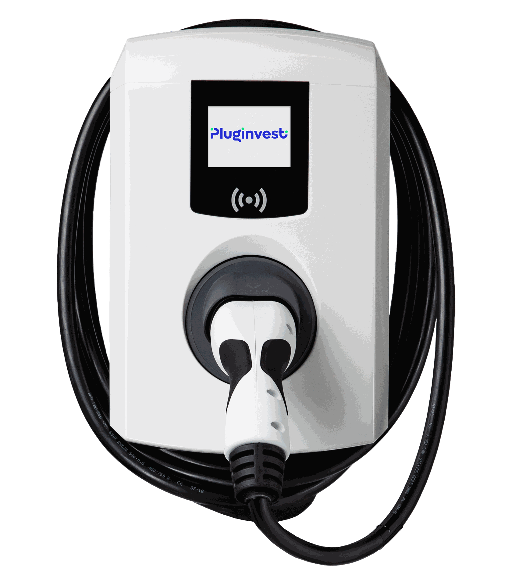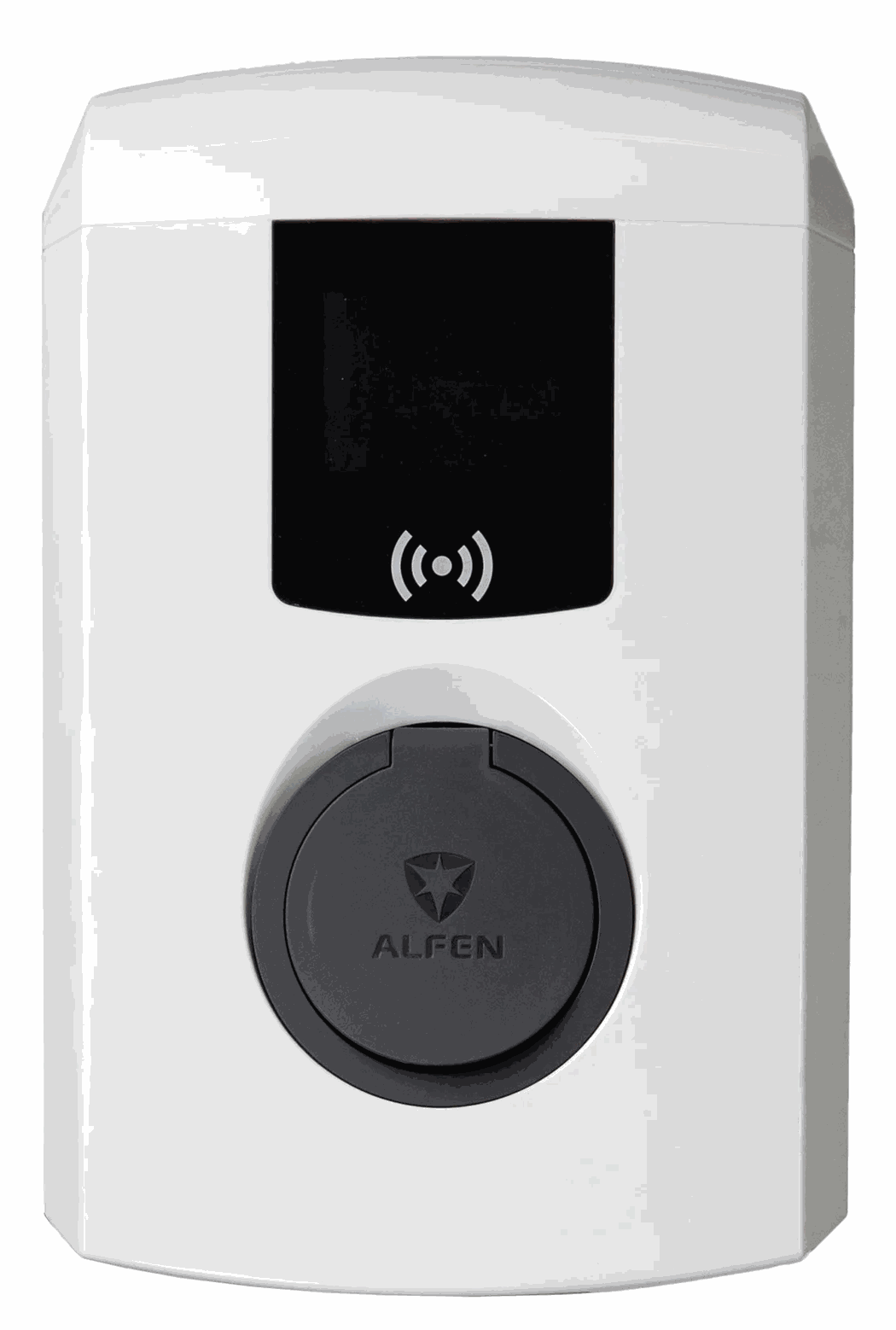When installing a charging station for your electric car, the choice between a fixed or a loose charging cable is an important consideration. Both options have their own advantages and disadvantages, and the right choice depends on your specific needs and preferences. In this article, we discuss the differences between fixed and loose charging cables and give you tips to help you decide which option suits you best.
What is a charging station with a fixed cable?
A fixed charging cable, as the name suggests, is permanently connected to the charging station. When you charge an EV, you only need to take the cable and connect it to your car. This means you don't have to carry a charging cable separately every time you want to charge your car. This is handy for home charging stations, so you can smoothly charge your EV daily.

✅ Advantages:
Convenience: the cable is always ready for use. No need to take the cable out of your boot every time.
Faster start-up: because the cable is already connected to the charging station, you can connect your car and start charging faster.
Fixed storage: the cable hangs neatly from the charging station, ensuring a tidy look.
Anti-theft: the charging cable is harder to steal if it is permanently fixed in the charging station. This is useful if your charging station is e.g. in a driveway.
❌ Disadvantages:
Limited flexibility: you cannot use the cable at other charging stations
Maintenance and wear: the cable is constantly exposed to the elements, which can lead to wear and tear faster.
What is a loose charging cable?
A loose charging cable is a separate cable that you need to plug into the charging station and your EV. You usually take this cable with you in the boot of your electric car, so you have it to hand when needed. You often see these charging stations in public or corporate car parks. They are better suited to places where many different people need to charge their EVs throughout the day.

✅Advantages:
Flexibility: you can use the same cable at different charging stations, both at home and on the road.
Ease of maintenance: because you can store the cable after use, it is less exposed to weather, which can extend its lifespan.
❌ Disadvantages:
Less convenience: you have to connect and store the cable each time, which involves extra handling.
Storage space: you need to make sure there is enough space in your car to store the cable.
How to choose the best charging cable?
Now that you know the pros and cons of both options, it is time to decide which one best suits your needs. Here are some considerations you can make:
If you value convenience above all else and mainly charge at home, a fixed cable is the best choice.
If you are regularly on the move and use different charging stations, a separate cable offers more flexibility.
Also, if you have a large car park where several people can use the charging stations, it is a good choice to opt for a charging station with a seperate cable.
Want to think about your budget? A charging station with a fixed cable is usually slightly more expensive.
There is no 'one-size-fits-all' answer when it comes to choosing between a fixed or loose charging cable for your charging station. It all depends on your personal preferences, lifestyle, and how you use your EV. By carefully weighing the pros and cons of both options, you can make an informed decision that best suits your situation.